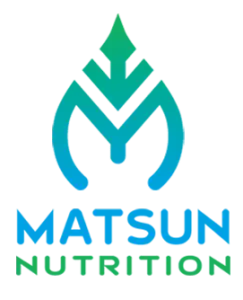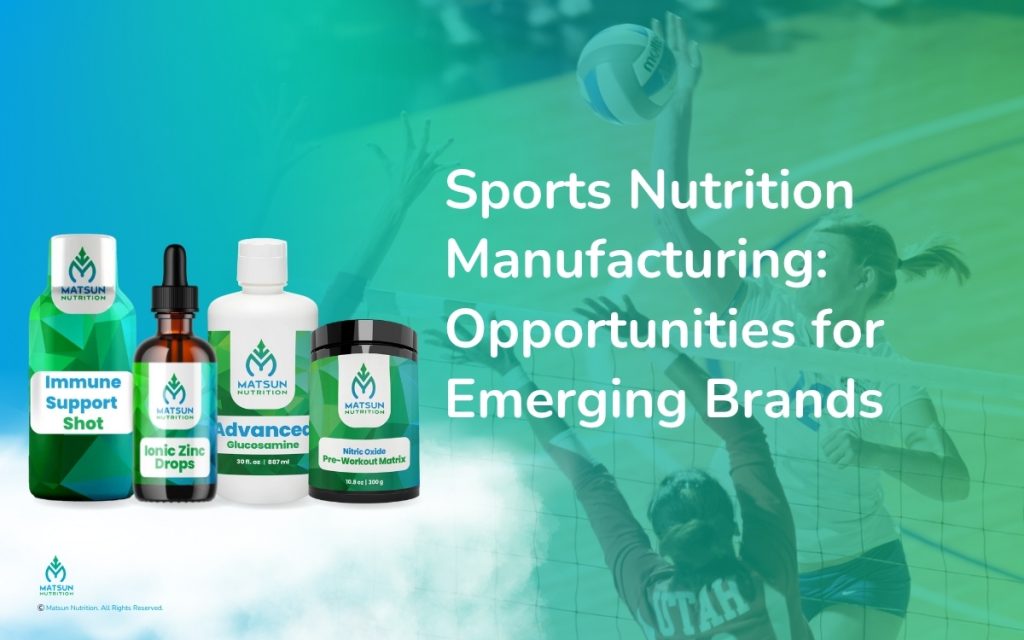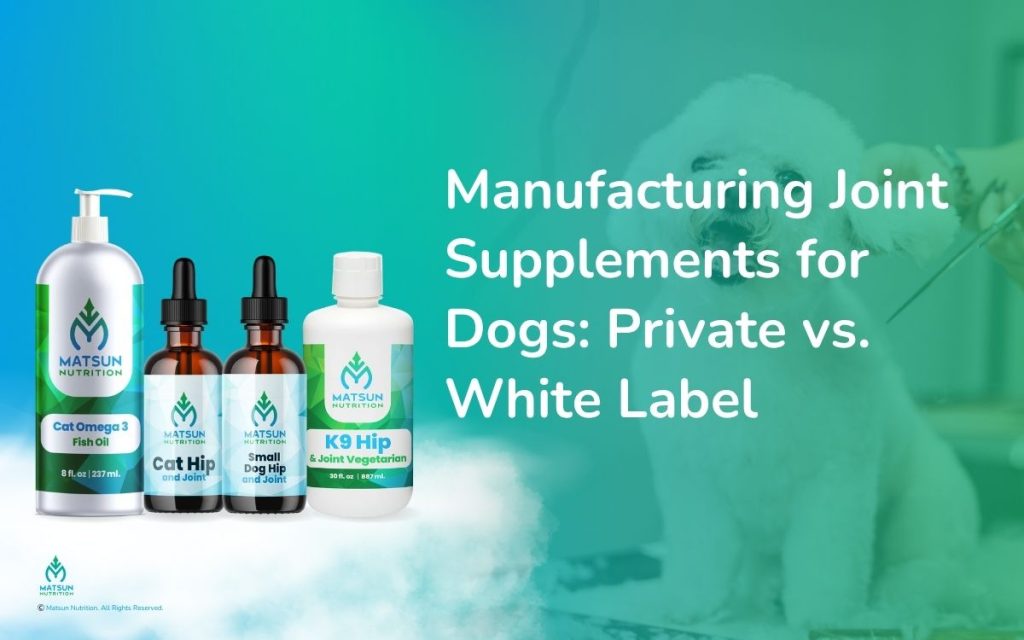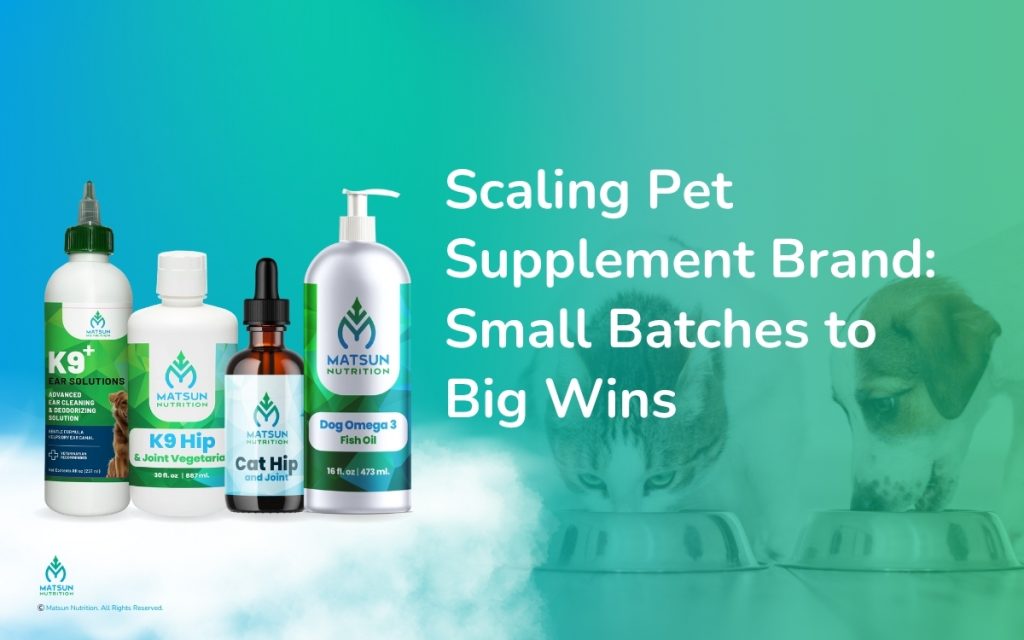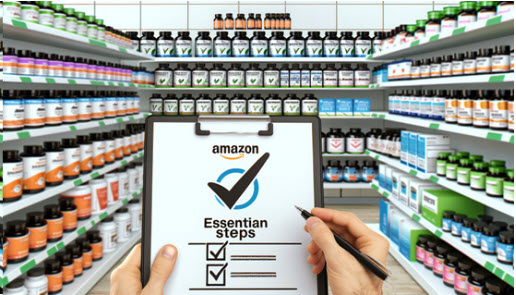
Amazon has updated its dietary supplement policy to ensure enhanced safety standards, marking a pivotal shift in its approach towards Amazon’s Dietary Supplement Testing [1] https://sellercentral.amazon.com/seller-forums/discussions/t/c23c51e6-159c-4d01-b297-9836d7d16419. The revised guidelines require all dietary supplements, particularly those aimed at weight loss, sexual enhancement, and sports nutrition, to undergo rigorous verification by third-party Testing, Inspection, and Certification (TIC) organizations, highlighting the importance of adhering to Good Manufacturing Practices [1] https://sellercentral.amazon.com/seller-forums/discussions/t/c23c51e6-159c-4d01-b297-9836d7d16419.
Starting April 2, 2024, sellers must comply with this new policy or risk having their non-compliant product listings removed, emphasizing the crucial role of ISO 17025-accredited laboratories in the product testing process for dietary supplements sold on Amazon’s platform [1] https://sellercentral.amazon.com/seller-forums/discussions/t/c23c51e6-159c-4d01-b297-9836d7d16419 [3] https://www.nsf.org/knowledge-library/amazon-dietary-supplements-policy-compliance-faq.
Understanding Amazon’s Dietary Supplement Testing Requirements
Key Requirements for Amazon’s Dietary Supplement Testing
Amazon has updated its dietary supplement seller policy to ensure enhanced safety and compliance. Sellers are now required to provide third-party verification, including testing data and certificates of analysis directly from the lab to Amazon [2] https://www.nutraingredients-usa.com/Article/2024/04/05/Amazon-updates-its-dietary-supplements-seller-s-policy. This includes a Certificate of Analysis (CoA) issued by an ISO/IEC 17025 accredited laboratory or evidence of product enrollment in a third-party quality assurance program [5] https://choice.wetestyoutrust.com/news/amazon-dietary-supplement-requirements [11] https://choice.wetestyoutrust.com/amazon-testing. Additionally, for specific categories like weight management or sexual enhancement products, a CoA must report the testing results and absence of known adulterants/contaminants [5] https://choice.wetestyoutrust.com/news/amazon-dietary-supplement-requirements.
Compliance Dashboard and Testing Process
To facilitate the compliance process, Amazon requires sellers to use the Manage Your Compliance dashboard. This platform assists sellers in initiating a test for each product with one of the designated third-party Testing, Inspection, and Certification (TIC) organizations [2] https://www.nutraingredients-usa.com/Article/2024/04/05/Amazon-updates-its-dietary-supplements-seller-s-policy. Once testing is requested, sellers must work directly with the TIC organization to complete the testing of their products. This process is crucial as it determines whether the product meets Amazon’s stringent quality standards and is eligible for sale on the platform [1] https://sellercentral.amazon.com/seller-forums/discussions/t/c23c51e6-159c-4d01-b297-9836d7d16419.
Documentation and Quality Assurance
Amazon mandates that all dietary supplements sold on its platform adhere to rigorous quality assurance standards. This includes providing a Good Manufacturing Practice (GMP) certificate, a Certificate of Analysis (CoA), and legible product images with labeling compliant with standard 21 CFR 101.36 [4] https://measurlabs.com/blog/amazon-testing-requirements-for-supplements/. The CoA must include actual data and observations, not just a statement of compliance, and it must list the name and address of the accredited laboratory that performed the testing [4] https://measurlabs.com/blog/amazon-testing-requirements-for-supplements/. Additionally, Amazon requires a new CoA every 12 months to prove the absence of certain substances, ensuring ongoing compliance and safety [4] https://measurlabs.com/blog/amazon-testing-requirements-for-supplements/.
Impact on Sellers and Manufacturers
Compliance Requirements and Financial Implications
- Mandatory Documentation: Sellers must provide essential documents such as a Certificate of Analysis (COA), Material Safety Data Sheet (MSDS), Product Packaging Picture (PPP), and a Letter of Guarantee from the Manufacturer (LoG) to meet Amazon’s standards [13] https://www.amazonsellers.attorney/blog/new-requirements-for-amazon-sellers-of-supplements. Failure to provide these documents can lead to the deactivation of product listings and withholding of payments [4] https://measurlabs.com/blog/amazon-testing-requirements-for-supplements/.
- Accreditation and Testing Costs: The utilization of an ISO 17025 accredited laboratory is crucial for ensuring the reliability of testing results [10] https://www.compliancegate.com/iso-17025-guide/. However, the median cost associated with obtaining ISO 17025 accreditation in the food industry can be substantial, approximately USD 300,000, which includes expenses for calibration, equipment, training, system monitoring, and additional staffing [10] https://www.compliancegate.com/iso-17025-guide/. Moreover, the assessment fee alone charged by accrediting bodies is around USD 7,000 [10] https://www.compliancegate.com/iso-17025-guide/.
- Continuous Compliance and Re-approval: Amazon requires updated documentation periodically to maintain compliance. Sellers must be ready to renew their product compliance annually, which might involve additional costs due to independent laboratory certifications [13] https://www.amazonsellers.attorney/blog/new-requirements-for-amazon-sellers-of-supplements. A new COA must be submitted every 12 months to confirm the absence of prohibited substances [4] https://measurlabs.com/blog/amazon-testing-requirements-for-supplements/. Failure to update compliance documents promptly can prevent products from being listed [13] https://www.amazonsellers.attorney/blog/new-requirements-for-amazon-sellers-of-supplements.
Role of ISO 17025-Accredited Laboratories
ISO 17025 is a crucial standard for laboratories performing testing and calibration, ensuring they deliver accurate and reliable results [10] https://www.compliancegate.com/iso-17025-guide/. This accreditation is recognized globally and is essential for laboratories that wish to demonstrate their technical competence and ability to produce precise and reproducible data.
Steps to Obtain ISO 17025 Accreditation
- Gap Analysis: Initially, laboratories conduct a gap analysis to determine the differences between their current practices and the ISO 17025 requirements [10] https://www.compliancegate.com/iso-17025-guide/.
- Documentation: Developing comprehensive documentation that covers all procedures and policies [10] https://www.compliancegate.com/iso-17025-guide/.
- Implementation of a Quality Management System (QMS): Implementing a QMS that complies with the standards [10] https://www.compliancegate.com/iso-17025-guide/.
- Internal Audit: Conducting an internal audit to ensure that all practices meet the ISO 17025 standards [10] https://www.compliancegate.com/iso-17025-guide/.
- Accreditation Audit: Undergoing an external accreditation audit performed by an accreditation body [10] https://www.compliancegate.com/iso-17025-guide/.
- Certificate of Accreditation: Finally, obtaining a Certificate of Accreditation that confirms compliance with ISO 17025 [10] https://www.compliancegate.com/iso-17025-guide/.
Accreditation Bodies and Consulting Services
- Accreditation Bodies: Notable accreditation bodies include the American Association for Laboratory Accreditation (A2LA) and (PJLA) Perry Johnson Laboratory Accreditation, Inc. in the US, Comité Français d’Accréditation (COFRAC) in France, and the United Kingdom Accreditation Service (UKAS) in the UK [10] https://www.compliancegate.com/iso-17025-guide/.
- Consulting Companies: Organizations like SGS and TÜV SÜD provide consultancy services to assist laboratories in preparing for ISO 17025 accreditation, ensuring they meet all necessary standards [10] https://www.compliancegate.com/iso-17025-guide/.
For Amazon’s dietary supplement sellers, utilizing an ISO 17025-accredited laboratory is mandatory for product testing. This ensures that the Certificate of Analysis (CoA) provided is reliable and meets Amazon’s stringent product safety standards. The CoA must include detailed information such as the name and address of the testing laboratory, a description of the analytical methods used, and must confirm the ingredient quantities against those listed on the supplement facts panel [4] https://measurlabs.com/blog/amazon-testing-requirements-for-supplements/ [11] https://choice.wetestyoutrust.com/amazon-testing. This rigorous process helps in maintaining high safety standards and consumer trust in dietary supplements sold on Amazon.
Navigating Compliance and Avoiding Common Pitfalls
Certificate of Analysis Requirements
- Quantitative Analysis: The Certificate of Analysis (COA) must contain quantitative analysis that supports the concentration of active ingredients as claimed on the supplement facts panel. It should clearly list the name and address of the manufacturer or distributor responsible for the product [13] https://www.amazonsellers.attorney/blog/new-requirements-for-amazon-sellers-of-supplements.
- Laboratory Certification: It is crucial that the COA is issued by a laboratory that is certified under ISO 17025 standards. Additionally, the COA must be current, with an expiration date that has not yet passed to ensure validity [13] https://www.amazonsellers.attorney/blog/new-requirements-for-amazon-sellers-of-supplements.
Product Review Process
The product review process involves several key steps to ensure compliance with Amazon’s dietary supplement policies:
- Gathering Documentation: This includes obtaining Good Manufacturing Practice (GMP) certificates from the manufacturer, which verifies that the manufacturing processes meet industry standards [3] https://www.nsf.org/knowledge-library/amazon-dietary-supplements-policy-compliance-faq.
- Label and Testing Verification: Reviewing images of the product’s label to ensure it complies with regulatory standards and verifying the testing results to confirm product safety and efficacy [3] https://www.nsf.org/knowledge-library/amazon-dietary-supplements-policy-compliance-faq.
Conclusion
Through this comprehensive exploration of Amazon’s updated dietary supplement policy, we’ve underscored the critical role that strict compliance plays in ensuring product listings remain active on this vast marketplace. The requirements for thorough testing, inspection, and certification through ISO 17025-accredited laboratories reinforce Amazon’s commitment to safeguarding consumer health. It’s imperative for sellers and manufacturers alike to navigate these guidelines meticulously, leveraging accredited laboratories to validate the safety and efficacy of their dietary supplements, thereby maintaining the integrity and trustworthiness of products sold.
Navigating the intricate landscape of Amazon’s dietary supplement testing and compliance can seem daunting. However, resources are available to aid sellers in meeting these rigorous standards. If you want to know about how Matsun Nutrition is prepared to solve your Amazon Liquid Dietary Supplement Testing needs, give us a call at 888-866-5755. By understanding the implications of non-compliance and the benefits of adhering to Amazon’s elevated standards, stakeholders can secure a competitive edge in the marketplace. Proactively engaging with the process and staying updated on regulatory changes will ensure sustained success and contribute to the ongoing health and safety of consumers.
FAQs
1. How does Amazon ensure the regulation of supplements?Amazon mandates that supplements either be certified to NSF/ANSI 173 or NSF 229 to meet their policy requirements. If a product does not meet these standards, Amazon requires it to undergo laboratory testing. The seller will be connected to a lab by Amazon for this testing.
2. What measures are in place to guarantee the safety and effectiveness of dietary supplements sold?The FDA does not generally approve dietary supplement claims or labeling before they are marketed. According to the FD&C Act, it is the manufacturer’s or distributor’s responsibility to ensure that their dietary supplements are not adulterated, misbranded, or violating any federal laws.
3. What is the recommended initial step before deciding to use supplements?It is advised to consult a healthcare provider to determine if you need a supplement, the appropriate dosage, and to discuss any potential interactions with medications you are currently taking. Additionally, for vitamins and minerals, it’s important to check the % Daily Value (DV) to ensure you are not consuming excessive amounts.
4. What safety aspects should be considered when taking supplements?Taking high doses of vitamin supplements can be unsafe. It is generally safer to adhere to lower dosages as excessive intake of certain vitamins, such as A, D, E, and K, which are fat-soluble, can lead to toxicity since they accumulate in the body.
